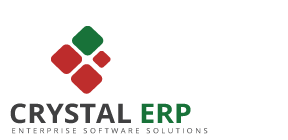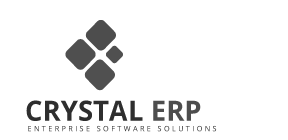Invisible Computing: How Cloud Is Forcing Software And Hardware Apart
By 2018, Gartner predicts that 70 per cent of professionals will conduct their work on personal mobile devices, enabled by the revolutionary concept of cloud computing.
Cloud computing essentially separates software from the logical functionality of local hardware. In other words, instead of needing computing power to be housed locally, major computing functions will instead be accessible from afar, usually via the Internet.
The obvious benefit here is that risk of ownership of software is eliminated, as well as the need to hire in-house resources to service them.
What will this do to the market?
In the case of hardware, cloud computing is likely to open the market up by lowering barriers to entry for manufacturing. The recent emergence of Bring Your Own Device (BYOD) in the workplace presents renewed scope and opportunity for the hardware market, as by 2016, 38 per cent of businesses expect to stop providing devices to staff, allowing them instead to select their own.
The real question is how cloud computing will fundamentally alter the landscape of the software market. Ever since computers have been adopted for wide scale use in offices, the market has largely operated in the same way. That is to say, businesses have always owned the software that they use.
The switch to cloud computing poses major challenges for software providers in that:
-
They will need to reconsider how their products are designed to ensure optimum functionality via cloud hosting, and;
-
They will need to deal with hugely disruptive business model changes; the lump-sum software sales prices and annual maintenance fees that software creators are used to will have to be converted into monthly subscription fees, distributed at a different pace to what they’re accustomed to.
In addition, customers will pay only for the software and service they actually use, rather than licensing the whole package. What isn’t yet clear is the extent of these financial implications for software providers.
What will this mean for business?
Businesses will effectively be shifting expense from capital to operational, typically with little to no upfront costs. They will also save considerable time and space by no longer needing to house and maintain their own server.
But perhaps more interestingly, as software drifts apart from hardware, businesses’ ability to map infrastructure will become a thing of the past. In fact, when software is accessed via cloud services, activity will take place in a highly abstract space. This is quite revolutionary for business practise and is already raising questions of security.
Cybercriminals are always one step ahead in developing new ways to abuse the online community, and experts predict that cloud computing will be no different. However, well-established Hosting providers should be able to make assurances about their security policy and when implemented with due care, cloud-based technology can offer a wealth of benefits to the business world.
By Ali Raza,


Leave a Reply
You must be logged in to post a comment.